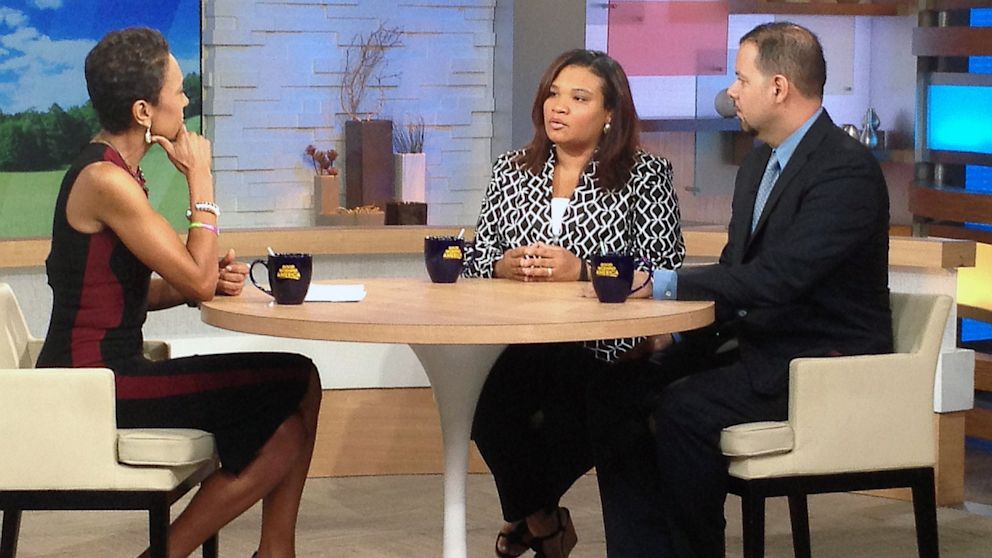The Circular Logic of a Puerto Rican Juror [Opinion]
Maddy's GMA interview showed ambiguous nature of Latinos' racial identity.

July 27, 2013— -- The Good Morning America interview of juror B-29, a/k/a Maddy, has revealed an even more tangled web that symbolizes America's complex racial landscape. While Maddy's stunning assertion that George Zimmerman "got away" with murder in the shooting death of Trayvon Martin, ambiguous nature of Latino's racial identity was thrust into the spotlight.
At various points during the media coverage of the trial, the jury was described "all-woman" (correct), "all-white" (incorrect), and "five women, one minority" (correct but vague). Since the jurors were sequestered and could not be photographed, the reader was forced to rely on the interpretation of the media observer for a description of the jury's racial composition. Reports alluded to a mysterious Latina who was sometimes made into a person of color, while other commentators decided that since she was Latina, she was not "black." Guess what? One of the biggest debates going on in the US Latino an Latin American communities right now is just how "black" Latinos are, or choose to be.
While many Latin American countries struggle with their own African identity, at times being in open denial of negritude, there is a growing movement of Afro-Latinos involved in struggles of recognition and claiming rights. In the US, many migrants from Caribbean island nations and Caribbean-influenced countries like Colombia and Venezuela are black enough to either acculturate as African-American or become segregated from "white Hispanics." That's why it was so weird to hear Amy Goodman, host of Democracy Now, one of the most solidly progressive independent media news shows available in this county, characterize the jury as a "six-woman, non-black jury" as if Maddy's life experience as a Puerto Rican living in the US disassociated her from blackness. Whether or not it's not accurate in Maddy's case, Puerto Ricans have had a long history of living with, emulating and making political alliances with African-Americans. The current state of spoken-word poetry, hip hop, breakdancing, graffiti, jazz, and urban literature would be very different without that intersection between Puerto Ricans and African-Americans.
While it's unclear how black-identified Maddy is, (she does talk about being followed in retail stores, a symptom of blackness cited in President Obama's discourse on race earlier this week), she does state that she "doesn't see color," and thought race had nothing to do with the case. This may reflect the peculiar perspective many "biracial" or "dark-skinned" Latinos may take, that is, understanding how it feels to be profiled while at the same time abstracting themselves from the essential conflict between white and African Americans in the US. Or it may be a moral position she has taken about not judging people she encounters by race, and not a neoconservative "post-racial" fallacy.